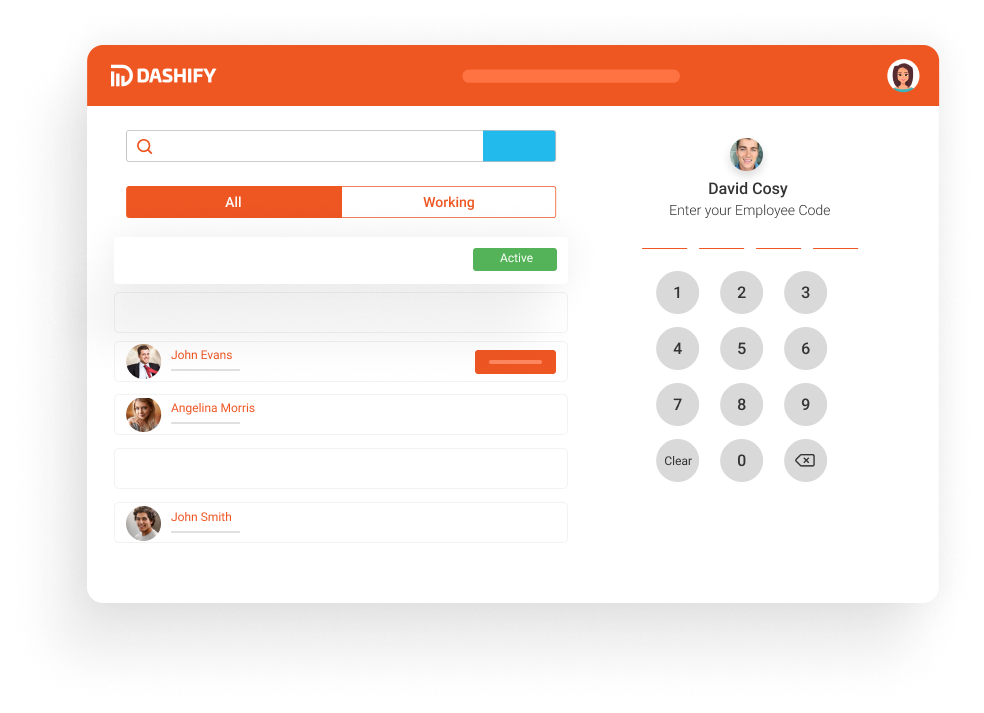Roles and Permissions
Roles and permissions are used to control access to certain features or functions within Dashify. They are used to ensure that only authorized users are able to perform certain actions within the application.
There are several reasons why software permissions and roles are important:
- Security: By limiting access to certain features or functions, software permissions and roles help to prevent unauthorized users from accessing sensitive information or making changes that could potentially harm the system.
- Efficiency: By assigning specific permissions and roles to different users, an organization can ensure that the right people have access to the tools and resources they need to do their jobs, while preventing others from accessing features they don’t need.
- Auditability: By keeping track of which users have access to which features and functions, software permissions and roles can help organizations keep track of who is doing what within the system, which is important for auditing and compliance purposes.
- Collaboration: By assigning different permissions and roles to different users, software applications can enable collaboration among team members while still maintaining control over who can access certain features or make certain changes.
Overall, permissions and roles are an important aspect of any software application, as they help to ensure that Dashify is used in a secure and efficient manner, while also enabling collaboration and auditing.






